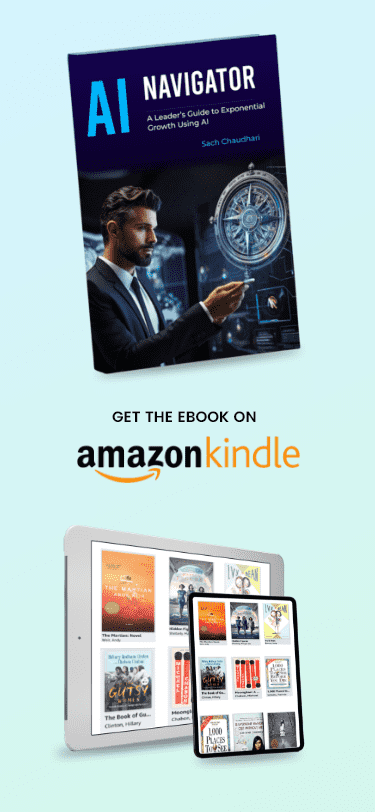In the rapidly evolving landscape of e-commerce and digital marketing, artificial intelligence (AI) agents have emerged as transformative tools that redefine the paradigms of customer interaction and sales strategies.
These AI agents, powered by sophisticated algorithms and machine learning capabilities, have the potential to significantly amplify sales conversions by delivering personalized experiences, optimizing marketing efforts, and providing actionable insights.
In this blog, we will explain five ways AI agents can quickly improve sales conversions and give businesses a competitive advantage.
1. Personalized Customer Engagement Through AI Agents

The quintessence of successful sales conversion lies in the ability to engage customers on a personal level. AI agents, with their capacity to analyze vast datasets, can curate personalized experiences tailored to individual customer preferences and behaviors. By leveraging AI marketing tools, businesses can deploy AI agents that analyze browsing patterns, purchase history, and customer feedback to predict and anticipate customer needs.
These agents can dynamically adjust the presentation of products, recommend complementary items, and offer personalized discounts, which resonate with the consumer’s unique profile.
Consequently, such bespoke engagement fosters a sense of connection and loyalty, significantly enhancing the likelihood of conversion.
2. Real-Time Data Analysis and Insights
AI agents for ecommerce sales generation are adept at processing and analyzing real-time data streams to provide actionable insights. In the realm of sales conversions, timing and relevance are paramount. AI agents can monitor and interpret data across various channels—social media, email, website interactions—to detect emerging trends and customer sentiments.
These insights empower marketing teams to make informed decisions swiftly, adjust strategies on the fly, and capitalize on opportune moments to engage with potential buyers. The ability to react in real-time to market fluctuations and consumer behavior is a critical advantage in driving conversions.
3. Automated Customer Support and Interaction

Consumers expect immediate responses to their inquiries and concerns. AI agents, equipped with a unified multichannel database which can autonomously handle customer interactions, providing instant support and resolving issues without human intervention.
This automation not only enhances customer satisfaction by reducing wait times but also ensures that customer service teams can focus on more complex queries that require a personal touch.
Furthermore, AI agents can analyze conversations to identify patterns and common issues, enabling businesses to preemptively address potential pain points and enhance the overall customer experience—thereby increasing the probability of sales conversions.
4. Enhanced Targeting and Segmentation
The precision of targeting is a crucial determinant of marketing success. AI agents can refine and enhance targeting strategies by segmenting audiences with unparalleled accuracy. By analyzing demographic data, purchase behaviors, and engagement metrics, AI agents can identify niche segments that are more likely to convert.
This level of granularity allows for the deployment of highly targeted marketing campaigns that resonate with specific audience segments, thus improving conversion rates. Moreover, AI-driven segmentation can uncover latent customer segments that may have been overlooked, providing new avenues for growth and conversion.
5. Predictive Analytics for Sales Forecasting

The ability to forecast sales with high accuracy is invaluable for strategic planning and resource allocation. AI agents utilize predictive analytics to model future sales scenarios based on historical data and current market conditions. These models can forecast demand, identify potential sales peaks, and suggest optimal pricing strategies.
Predictive analytics not only aids in aligning inventory and marketing efforts with anticipated demand but also allows businesses to proactively adjust strategies to maximize sales opportunities. By anticipating customer needs and market trends, enterprises can position themselves advantageously to capture a larger share of the market.
Conclusion
The integration of AI agents into e-commerce and sales strategies heralds a new era of personalized, efficient, and data-driven marketing. By leveraging AI agents for sales conversions, businesses can significantly enhance their ability to engage customers, optimize marketing efforts, and make informed decisions. These advanced tools provide the agility and precision needed to thrive in a competitive marketplace, ensuring that enterprises not only meet but exceed their sales conversion goals.
As AI technology continues to evolve, its applications in sales and marketing will undoubtedly expand, offering even greater potential for innovation and growth. Businesses that embrace AI agents today stand to gain a formidable advantage, positioning themselves at the forefront of the digital transformation in commerce.











